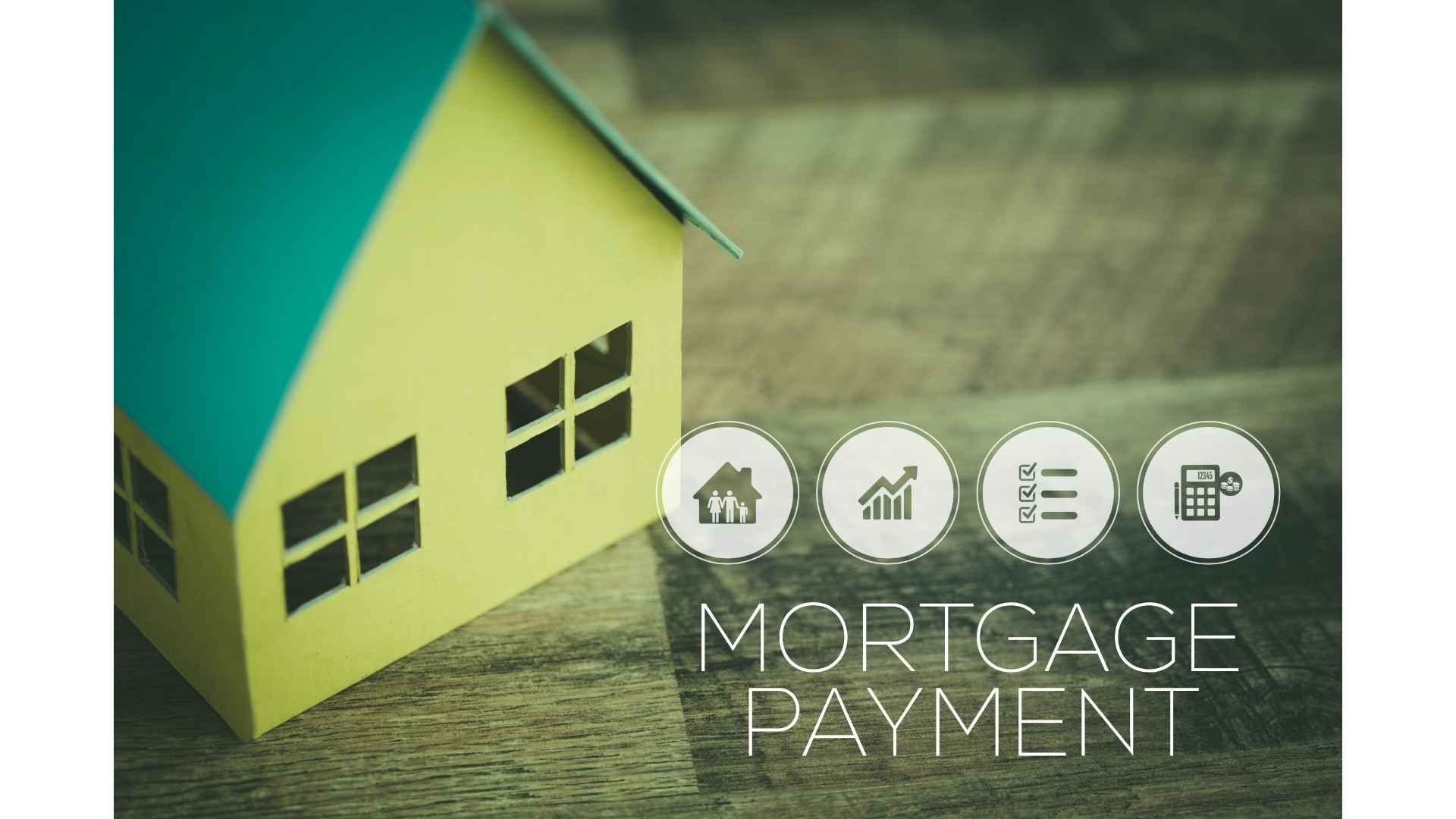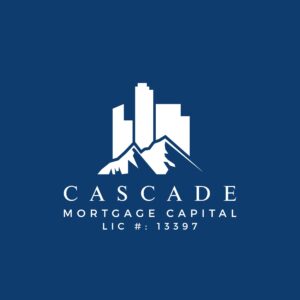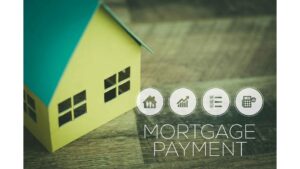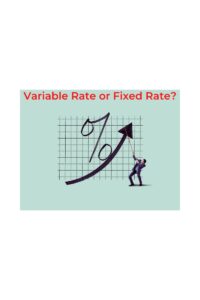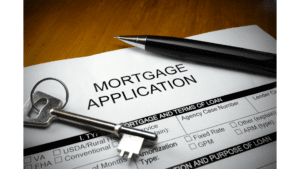What it’s all about
- How bank mortgages work
- How mortgage brokers work
- The drawbacks and benefits of a bank and mortgage broker
- Preparing your credit for a mortgage
You’re ready to buy your first home, very excited about the memories and life you will create in your new home, but where do you start? One of the first things you’ll need to consider is how much house you can afford, which means how much of a mortgage you can afford. Part of determining how much of a mortgage you can afford is deciding on where to go for your mortgage. You have countless choices for a mortgage provider, but they will inevitably be one of two things – a mortgage broker or a financial institution such as a bank or credit union.
The mortgage application process can be complex. The first question we ask is do I go to the bank or to a mortgage broker? There are a variety of factors to take into consideration when deciding. How good is your relationship with your bank and advisor? Do you need flexible terms on your mortgage? Who can provide you with the mortgage options you want and need?
How Bank Mortgages Work
The steps to getting a mortgage from a bank or credit union are fairly straightforward: complete an application, meet with a mortgage advisor and review the options you have from that specific lender. There could be additional benefits of getting your mortgage from your bank as well, you may find that the bank offers perks for having multiple services at that institution.
Banks will certainly have a few options for you to choose from, the issue here is that the options you are seeing are only what that bank has available, the options not be flexible enough for your particular financial situation. Another lender or bank could have a better offer available, but if you aren’t working with a mortgage broker then you have to go and knock on the door of each bank or credit union to find this out for yourself. Even a slight difference in the interest rate can end up costing tens of thousands of dollars over the life of a 30-year amortized mortgage
How Mortgage Brokers Work
A mortgage broker is your gateway to the lenders and information you need to make the best decision for your situation. Mortgage brokers such as Cascade Mortgage Capital, don’t just go to one bank or lender for a client’s mortgage, they have a range of lenders available to them such as banks, credit unions, private lenders, and other alternative lending institutions. This variety allows a mortgage broker to give you more choice in order to provide you the best rate and the best mortgage product for your specific financial situation. This is particularly important if you are self-employed, have bad credit or some other factors to take into consideration.
Mortgage brokers will typically earn a commission from the lender or get paid through fees commonly referred to as broker fees. You may be apprehensive about this payment structure, however brokers have an ethical and legal mandate to provide you with all the options available to you and to ensure you are fully informed about the particulars of each option. Mortgage Brokers like those working for Cascade Mortgage Capital are licensed with and regulated by the Financial Service Regulatory Authority (FSRA). Some things you can consider before committing to a mortgage broker would be to discuss fees upfront, speak to friends and family to get a referral, and run the numbers to determine how much you need versus how much you can get in a loan. At Cascade Mortgage Capital we do not charge any fees directly to our residential clients, our fees are covered by the financial institution the mortgage is placed with. The client benefits from the best rate for their situation and does not pay a penny for the service.
Bank or Mortgage Broker?
This can be a very personal decision for some people, do you know and trust a mortgage broker or mortgage advisor at a bank? If you have a good history with your bank or know a great mortgage broker who is capable, trustworthy and knowledgeable, that might be a deciding factor for you.
If you are starting from scratch and don’t know who to reach out to, it’s best to start doing your own research so that you can be as knowledgeable as possible when speaking to various mortgage brokers and banks. Once you have done your research you can speak to a variety of sources in order to put together a better picture as to how this whole situation will look. You can refer to Cascade Mortgage Capital’s mortgage calculator to help you understand what to expect based on your down payment and expected purchase price. Playing around with these numbers will help you understand the benefit of increasing your down payment.
A pre-qualification will further help you understand what your home buying picture looks like. You could do this with a mortgage broker and a bank in order to compare notes and see what the differences mean specifically to you. The terms can still change once you submit a loan application, but that depends on how accurate the information you provided for the pre-qualification is.
A few key questions to ask your bank or mortgage broker are:
- Could you provide me with a rough estimate of my closing costs?
- What type of mortgage options do you think I am likely to have available to me?
- Are there any programs available that I may qualify for, such as first-time home buyers programs?
- Is there anything in my application that may make it difficult for me to be approved or cause delays in the application?
- Based on the information and application, how long do you expect my mortgage process to take?
Preparing Your Credit for a Mortgage
More often than not, your home will be the largest purchase you make and your mortgage will be the most significant loan you ever have. It is the largest amount of money with the longest term. That said, the details of your mortgage rate, term, amortization and down payment are all significant to you, just as your credit score, payment history, income and employment status are all significant to your lender.
There are many things that can be considered the first step to purchasing a home, but the process of home buying truly starts significantly before you even look at listing. You need to ensure that you are building your credit in a positive manner and that it can hold up to today’s stringent mortgage approval process.
If your credit score is high, all your payments are made on time and your debt load is low, then you are likely in a great spot to shop for a home. On the other hand, if your credit score is low and your payment history has been spotty, it may be beneficial to work on rebuilding your credit first. If rebuilding your credit is something that you cannot wait for, you do have options on the alternative and private lending side, however this will come at a premium cost of higher interest and possible fees. This avenue is not something that needs to be a permanent fact of life, you can rebuild your credit while working with these lender types and eventually work your way back to banks or credit unions for your mortgage needs.
Things you can do to ensure you are building a strong credit score and borrower picture include paying your bills on time, while a single late payment isn’t the end of the world, it will be on your credit report for seven years. Minimizing debt will also help present you in the best light to possible lenders and banks, credit card balances are one of the first areas to tackle as they typically carry the highest interest rates. Do not apply for additional loans or increase any credit limits while you’re in the home buying process. Even a new car purchase should be delayed, until after your mortgage has closed, that is ideal.
As you have likely determined, a mortgage broker is integral to understanding what the broader market has to offer. If you have the perfect financial picture and fantastic relationships with your bank then it may work out to be a great place to go for your mortgage, however the unknown of other options is still something you may want to consider learning about. There is a lot that goes into a mortgage application from each party involved, that includes you as the borrower, the mortgage broker or banker and the lender; it is imperative that you are well informed about the options and variables in the market that will impact you and to prepare for them accordingly.
